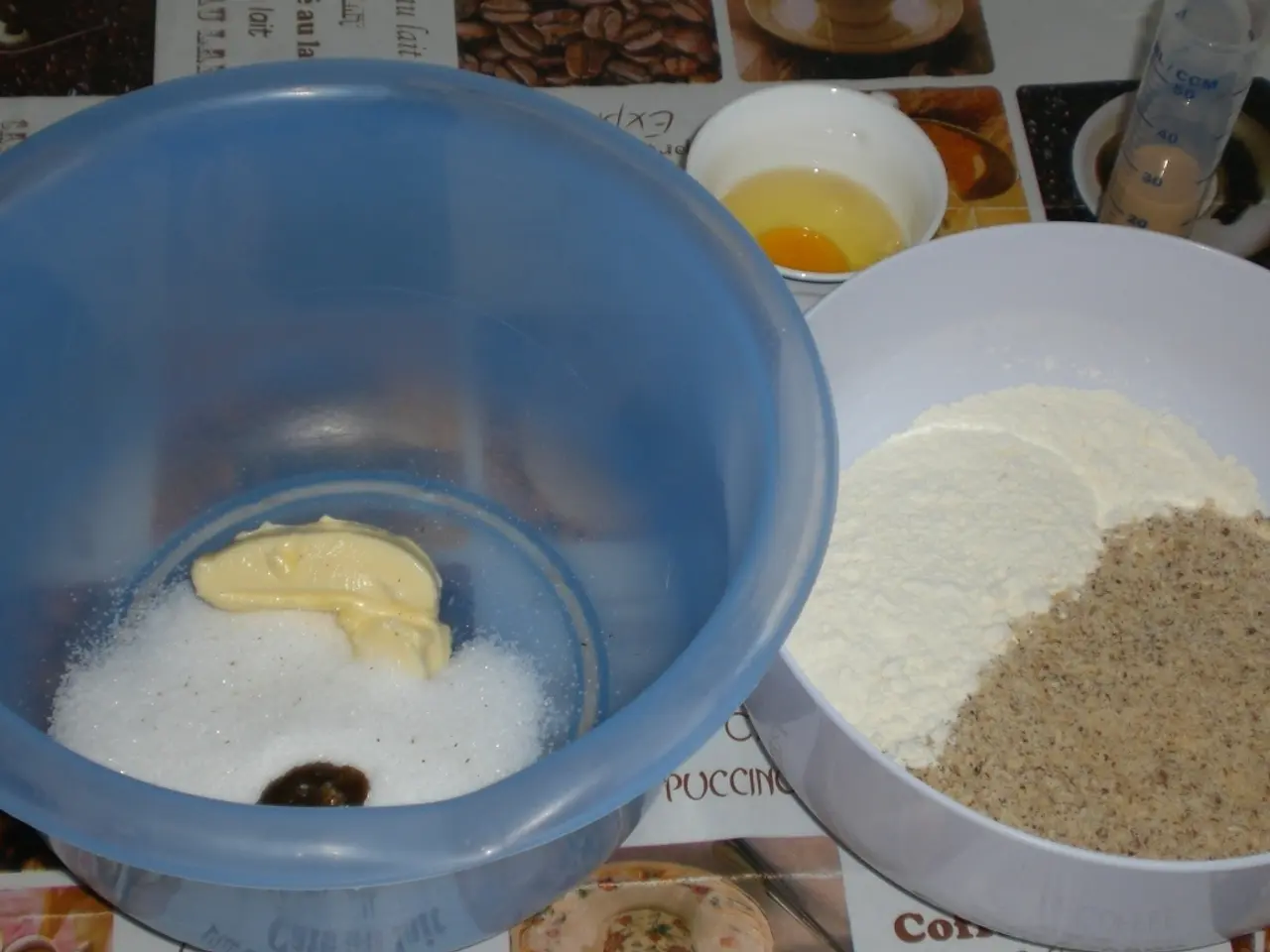Connection between Diverticulitis and Constipation: An Examination
In the realm of digestive health, two common conditions that often come up in conversation are constipation and diverticulitis. While they share some symptoms, it's essential to understand their differences and the role each plays in the other.
Constipation, a common digestive problem, is characterized by infrequent bowel movements, straining, painful bowel movements, hard or lumpy stools, and a feeling of incomplete bowel movements. If left untreated, constipation can lead to more serious issues.
When it comes to treatment, a doctor may prescribe medications such as lubiprostone, linaclotide or plecanatide, or prucalopride for severe constipation. In less severe cases, increasing fiber in the diet, taking a fiber supplement, drinking more fluids, getting regular physical exercise, and bowel training can help alleviate symptoms.
On the other hand, diverticulitis is a condition that affects the colon, characterized by inflammation of diverticula (colon pouches). Symptoms of diverticulitis include abdominal pain, diarrhea, fever and chills, nausea, and vomiting. It's important to note that while constipation is commonly reported as a symptom in diverticulitis cases, current evidence does not strongly support constipation as a direct cause of diverticulitis development.
Research suggests that altered colonic motility associated with inflammation causes constipation episodically in diverticulitis. However, more frequent bowel movements, rather than constipation, may be associated with diverticulitis onset. Factors such as obesity, smoking, family history, and possibly NSAID use are recognized risk factors for diverticulitis, but the role of bowel habits such as constipation or low-fiber diet is not definitively established.
If you suspect that your constipation might be caused by medications or supplements, it's always a good idea to discuss this with your doctor. If constipation does not respond to first-line treatments, further tests may be recommended.
Prevention is key when it comes to constipation. A healthy diet rich in fiber, regular exercise, drinking plenty of water, and having a bowel movement at the same time each day can help prevent constipation. Additionally, bowel training can help teach the body to make bowel movements at the same time each day.
It's also important to remember that constipation is unlikely to cause diverticulosis, a condition characterized by the presence of diverticula in the colon. Low-grade inflammation may play a role in the development of diverticulosis, but more research is needed to clarify if chronic constipation independently contributes to the risk of diverticulitis.
In conclusion, while constipation and diverticulitis share some symptoms, it's essential to understand that constipation is more likely a consequence of diverticulitis rather than a direct cause. Maintaining a healthy lifestyle and discussing any concerns with your doctor can help manage both conditions effectively.
- Constipation, a common digestive problem, can be characterized by infrequent bowel movements, straining, painful bowel movements, hard or lumpy stools, and a feeling of incomplete bowel movements.
- Diverticulitis, a condition that affects the colon, is characterized by inflammation of diverticula (colon pouches), accompanied by symptoms like abdominal pain, diarrhea, fever and chills, nausea, and vomiting.
- Preventing constipation involves maintaining a healthy diet rich in fiber, regular exercise, drinking plenty of water, and having a bowel movement at the same time each day, as well as bowel training.
- It's important to remember that constipation is unlikely to cause diverticulosis, but low-grade inflammation may play a role in the development of diverticulosis, with more research needed to clarify if chronic constipation independently contributes to the risk of diverticulitis.




